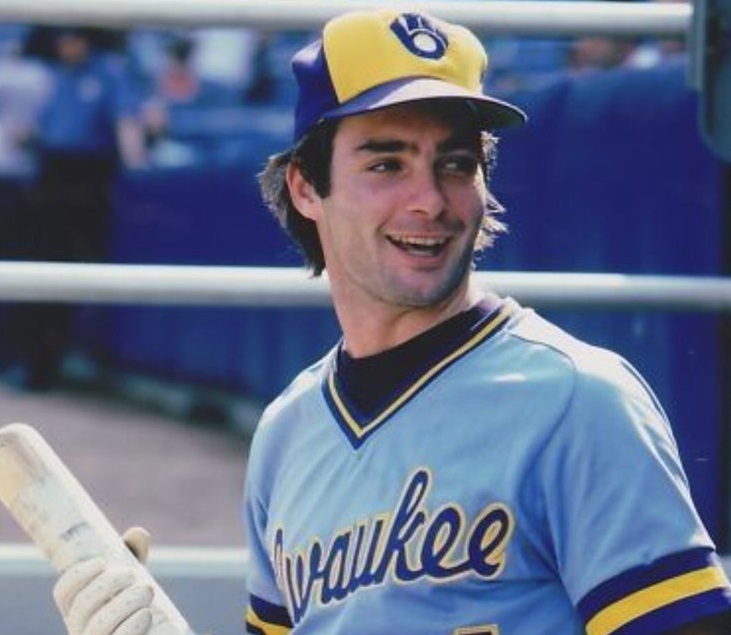Breaking In: Toronto Blue Jays MVP Paul Molitor Might Be the Worst MVP in Recent Memory
When fans think of Major League Baseball’s Most Valuable Player (MVP) award, they often picture dominant seasons from legends like Mike Trout, Barry Bonds, or Miguel Cabrera. However, not every MVP is created equal, and some selections have aged poorly.
One such example may be Paul Molitor’s 1993 World Series MVP award with the Toronto Blue Jays. While Molitor was an excellent player, a closer look at his performance in context raises the question:
Was he truly deserving of this honor, or was he one of the weakest MVP choices in recent memory?
The Case for Molitor
To be fair, Molitor’s performance in the 1993 World Series was impressive on paper. Over the course of six games against the Philadelphia Phillies, he hit .500 with two home runs, eight RBIs, and a 1.571 OPS. His contributions undoubtedly played a key role in the Blue Jays’ victory, as they secured their second consecutive championship. He also demonstrated versatility, playing as a designated hitter, first baseman, and even outfielder during the series.
Molitor’s offensive outburst was one of the best of his career, and his consistency throughout the series made him a natural choice for MVP at the time. However, when analyzing the bigger picture, there’s a strong argument that his selection was more about optics and narrative than actual impact compared to his teammates.
Why Molitor Was a Questionable Choice
While Molitor was great, was he truly the most valuable player on the field? Many would argue that Joe Carter, who famously hit the series-winning walk-off home run in Game 6, had a more defining moment. Carter’s three-run shot off Phillies closer Mitch Williams instantly cemented itself as one of the most iconic plays in baseball history. If an MVP award is about the player who made the most memorable and impactful contributions, Carter arguably had a stronger case.
Additionally, Molitor was not the only Blue Jays hitter who dominated. Roberto Alomar had an outstanding series as well, batting .480 with key hits in crucial moments. Alomar was the heart of the team, delivering clutch performances throughout the postseason. While Molitor had flashier numbers, Alomar’s ability to get on base and create scoring opportunities was just as valuable.
Even from a pitching perspective, the Blue Jays had other standout contributors. Dave Stewart, who won two games in the series, was a steady veteran presence on the mound. Given that Molitor’s impact was limited to offense, some could argue that Stewart’s work neutralizing the Phillies’ lineup was equally—if not more—valuable.
A Weak MVP by Historical Standards
Molitor’s 1993 World Series MVP becomes even more questionable when comparing it to other winners. Previous recipients like Reggie Jackson (1977), Orel Hershiser (1988), and Madison Bumgarner (2014) had undeniable performances that carried their teams to victory. Molitor, while excellent, did not single-handedly dictate the outcome of the series.
Ultimately, while Molitor was an all-time great player, his MVP selection feels more like a case of rewarding a respected veteran than truly recognizing the most indispensable player in the series. Given the circumstances, it’s fair to question whether his award was one of the weakest in recent memory.



